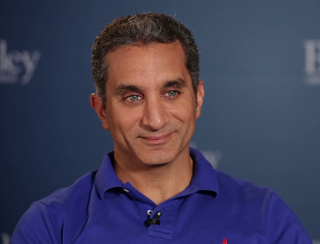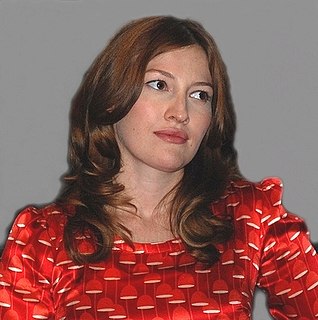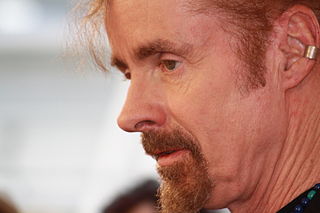A Quote by Bassem Youssef
Satire has its limits. It is really up to the people to make the change. The satirist's role ends at the screen.
Related Quotes
When you're really trying to make serious change, you don't want people to get caught up in emotion because change isn't emotion. Because change isn't emotion. Its real work and organization and strategy - that's just the truth of it. I mean, you pull people in with inspiration, but then you have to roll up your sleeves and you've got to make sacrifices and you have got to have structure.
There is a place in this world for satire, but there is a time when satire ends and intolerance and bigotry towards religious beliefs of others begins. Religious beliefs are sacred to people and at all times should be respected and honored. As a civil rights activist of the past 40 years, I cannot support a show that disrespects those beliefs and practices.
































